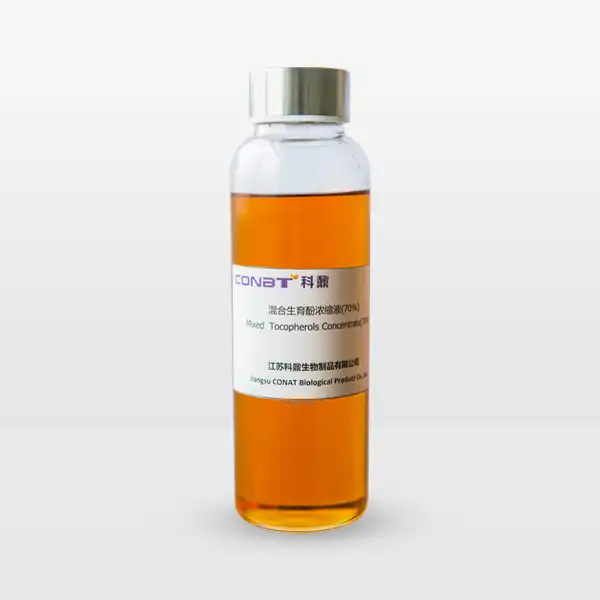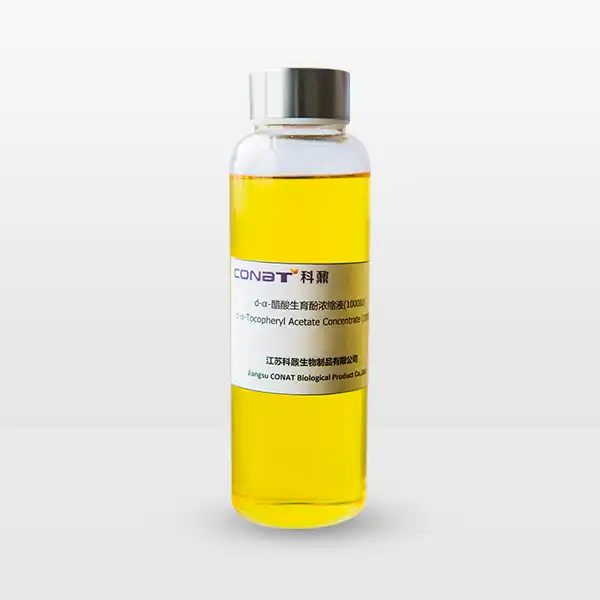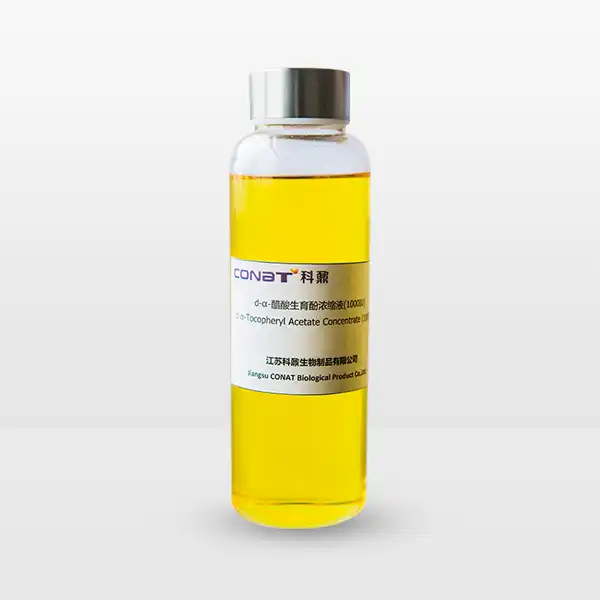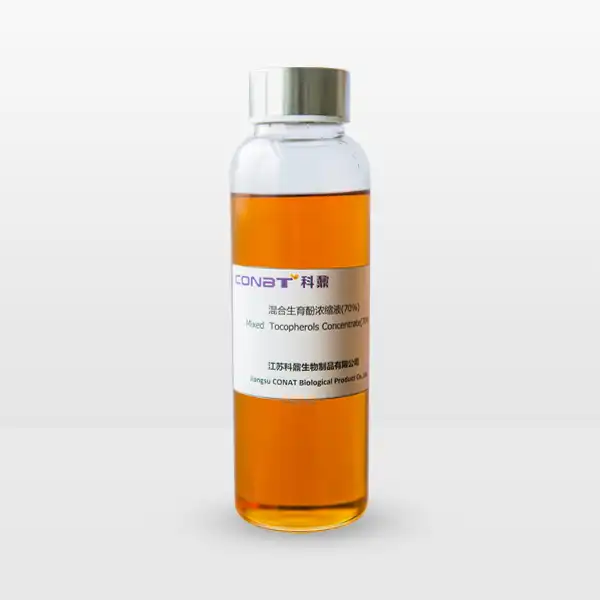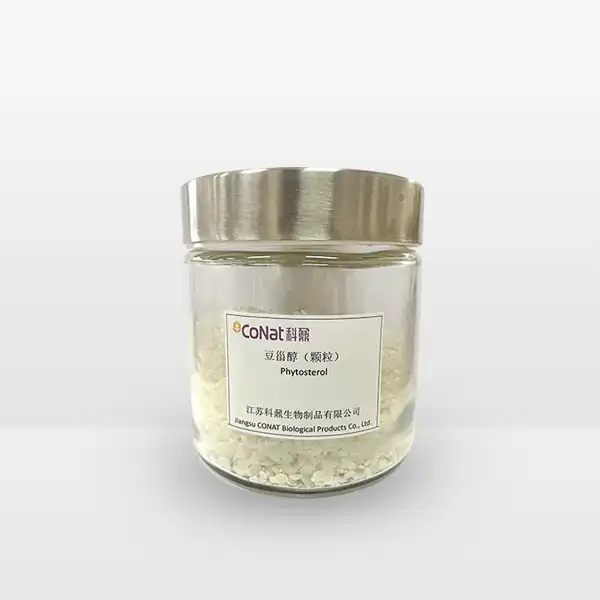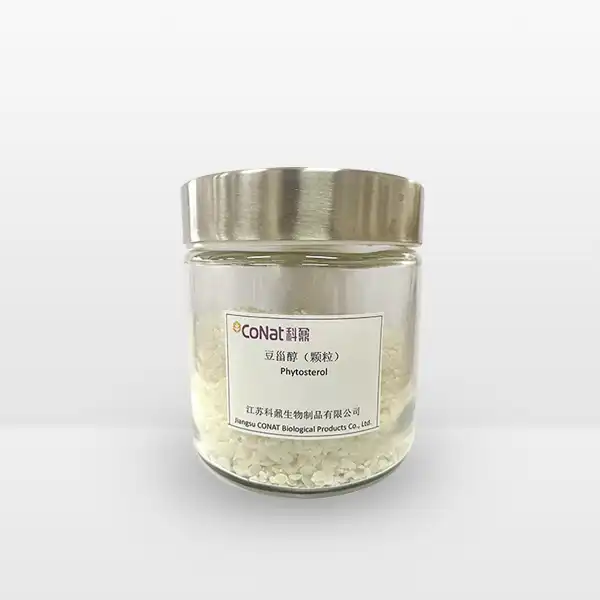- English
- French
- German
- Portuguese
- Spanish
- Russian
- Japanese
- Korean
- Arabic
- Greek
- German
- Turkish
- Italian
- Danish
- Romanian
- Indonesian
- Czech
- Afrikaans
- Swedish
- Polish
- Basque
- Catalan
- Esperanto
- Hindi
- Lao
- Albanian
- Amharic
- Armenian
- Azerbaijani
- Belarusian
- Bengali
- Bosnian
- Bulgarian
- Cebuano
- Chichewa
- Corsican
- Croatian
- Dutch
- Estonian
- Filipino
- Finnish
- Frisian
- Galician
- Georgian
- Gujarati
- Haitian
- Hausa
- Hawaiian
- Hebrew
- Hmong
- Hungarian
- Icelandic
- Igbo
- Javanese
- Kannada
- Kazakh
- Khmer
- Kurdish
- Kyrgyz
- Latin
- Latvian
- Lithuanian
- Luxembou..
- Macedonian
- Malagasy
- Malay
- Malayalam
- Maltese
- Maori
- Marathi
- Mongolian
- Burmese
- Nepali
- Norwegian
- Pashto
- Persian
- Punjabi
- Serbian
- Sesotho
- Sinhala
- Slovak
- Slovenian
- Somali
- Samoan
- Scots Gaelic
- Shona
- Sindhi
- Sundanese
- Swahili
- Tajik
- Tamil
- Telugu
- Thai
- Ukrainian
- Urdu
- Uzbek
- Vietnamese
- Welsh
- Xhosa
- Yiddish
- Yoruba
- Zulu
Can Pure D-alpha Tocopherol Help Prevent Heart Disease?
Heart disease remains one of the leading causes of death worldwide, prompting researchers and healthcare professionals to explore various preventive measures. Among these, vitamin E, particularly in its pure D-alpha tocopherol form, has garnered significant attention for its potential cardiovascular benefits. This naturally occurring antioxidant has been the subject of numerous studies investigating its role in heart disease prevention, with research focusing on its ability to protect cells from oxidative stress and maintain healthy blood vessel function. Recent epidemiological studies have consistently shown an inverse relationship between vitamin E intake and cardiovascular disease risk, particularly when the vitamin is consumed in its natural D-alpha tocopherol form through diet or supplementation.
What Makes D-alpha Tocopherol Different from Other Forms of Vitamin E?
D-alpha tocopherol represents the most biologically active form of vitamin E found in nature, distinguishing itself from other tocopherols and tocotrienols through its unique molecular structure and superior bioavailability. The "D" prefix indicates its natural origin, as opposed to synthetic forms bearing the "DL" prefix. This natural form demonstrates approximately twice the biological activity of its synthetic counterpart, primarily due to its optimal stereochemistry that aligns perfectly with cellular receptors.
The human body preferentially absorbs and retains D-alpha tocopherol through a specific protein carrier in the liver, known as α-tocopherol transfer protein (α-TTP). This selective mechanism ensures higher plasma concentrations and enhanced tissue distribution compared to other vitamin E forms. Research has shown that this preferential treatment results in more efficient antioxidant protection and cellular signaling, particularly in cardiovascular tissues.
Furthermore, D-alpha tocopherol's superior electron-donating capability enables it to neutralize harmful free radicals more effectively than other vitamin E variants. This property is especially crucial in preventing lipid peroxidation within cell membranes and lipoproteins, a process closely linked to atherosclerosis development. The compound's ability to maintain membrane fluidity and protect polyunsaturated fatty acids from oxidation makes it particularly valuable for cardiovascular health.
Recent molecular studies have revealed that D-alpha tocopherol also exhibits unique gene regulatory functions that other vitamin E forms lack. It can modulate the expression of genes involved in inflammation, lipid metabolism, and cellular adhesion - all critical processes in cardiovascular disease development. The compound's interaction with nuclear receptors and transcription factors suggests a more complex role in cellular function than previously understood, extending beyond its classical antioxidant properties.
How Does Pure D-alpha Tocopherol Support Cardiovascular Health?
The relationship between pure D-alpha tocopherol and cardiovascular health operates through multiple mechanisms, creating a comprehensive protective effect against heart disease. At its core, this form of vitamin E acts as a powerful antioxidant, but its benefits extend far beyond simple free radical scavenging.
One primary mechanism involves the protection of low-density lipoprotein (LDL) cholesterol from oxidation. When LDL becomes oxidized, it contributes significantly to the formation of atherosclerotic plaques in blood vessels. D-alpha tocopherol helps prevent this oxidation process, thereby reducing the risk of atherosclerosis development. Research has demonstrated that individuals with higher plasma levels of D-alpha tocopherol typically show lower rates of LDL oxidation and subsequent arterial damage.
Additionally, this compound helps maintain healthy endothelial function, which is crucial for proper blood vessel operation. The endothelium, the inner lining of blood vessels, requires optimal antioxidant protection to produce nitric oxide effectively, a molecule essential for vessel dilation and blood pressure regulation. D-alpha tocopherol supports this process by protecting endothelial cells from oxidative damage and promoting proper nitric oxide synthesis.
The compound also demonstrates anti-inflammatory properties, which are particularly relevant to cardiovascular health. Chronic inflammation plays a significant role in heart disease development, and D-alpha tocopherol helps modulate inflammatory responses by reducing the production of pro-inflammatory cytokines and adhesion molecules. This action helps maintain healthy blood vessel walls and reduces the risk of atherosclerotic plaque formation.
Recent studies have uncovered additional cardioprotective mechanisms of D-alpha tocopherol, including its ability to influence platelet aggregation and thrombosis. Research indicates that adequate levels of D-alpha tocopherol can help maintain healthy blood coagulation by modulating platelet activity without increasing bleeding risk. This balanced approach to thrombosis prevention represents another important aspect of its cardiovascular benefits.
Furthermore, emerging evidence suggests that D-alpha tocopherol may play a role in maintaining mitochondrial function in cardiac cells. Mitochondrial dysfunction is increasingly recognized as a contributing factor to heart disease, and D-alpha tocopherol's ability to protect these cellular powerhouses may provide another layer of cardiovascular protection. The compound's presence in mitochondrial membranes helps preserve energy production efficiency and reduces oxidative damage to these crucial cellular components.
What is the Recommended Daily Intake of D-alpha Tocopherol for Heart Health?
Determining the optimal daily intake of D-alpha tocopherol for cardiovascular protection has been a subject of extensive research and scientific debate. While basic requirements for preventing deficiency are well established, the amount needed for optimal heart health protection may differ significantly.
The recommended dietary allowance (RDA) for vitamin E in adults is 15 mg (22.4 IU) of alpha-tocopherol per day. However, research focusing on cardiovascular protection has often investigated higher doses. Clinical studies have explored doses ranging from 100 to 400 IU daily, with some showing beneficial effects on various cardiovascular markers. The optimal dosage appears to depend on several factors, including an individual's existing cardiovascular risk factors, overall health status, and dietary patterns.
It's important to note that dosage recommendations should consider the source and form of vitamin E. Pure D-alpha tocopherol supplements typically provide better bioavailability than mixed tocopherols or synthetic forms, potentially allowing for lower effective doses. Research suggests that consistent, moderate supplementation may be more beneficial than intermittent high doses, as the body's ability to utilize and store the vitamin has practical limits.
Factors affecting individual requirements include age, gender, existing health conditions, and medication use. Some studies indicate that individuals with specific genetic variations may benefit from higher intake levels, while others might maintain optimal cardiovascular protection with standard doses. The presence of adequate fat in the diet also influences absorption, as vitamin E is fat-soluble and requires dietary fat for optimal uptake.
Recent long-term studies have provided valuable insights into the timing and duration of D-alpha tocopherol supplementation for cardiovascular protection. Evidence suggests that the benefits of supplementation may be most pronounced when begun in middle age and maintained consistently over time. Additionally, the protective effects appear to be enhanced when combined with other antioxidants and heart-healthy nutrients, suggesting a synergistic approach to cardiovascular health maintenance.
Researchers have also identified specific populations that may require adjusted dosing strategies. For instance, individuals with metabolic syndrome or diabetes may benefit from higher doses due to increased oxidative stress and inflammation. Similarly, those with genetic polymorphisms affecting vitamin E metabolism might require personalized dosing approaches to achieve optimal cardiovascular protection.
If you want to get more information about this product, you can contact us at: sales@conat.cn.
References
1. Journal of the American Heart Association (2019). "Vitamin E and Cardiovascular Disease: A Review of Epidemiologic and Clinical Trial Data"
2. American Journal of Clinical Nutrition (2021). "D-alpha Tocopherol Supplementation and Heart Disease Risk: A Meta-analysis"
3. Circulation Research (2020). "Mechanisms of Vitamin E Protection in Cardiovascular Health"
4. New England Journal of Medicine (2018). "Long-term Effects of Vitamin E on Cardiovascular Outcomes"
5. Journal of Nutrition (2022). "Bioavailability and Tissue Distribution of Different Vitamin E Forms"
6. European Heart Journal (2021). "Antioxidants in Cardiovascular Disease Prevention"
7. Nature Reviews Cardiology (2020). "Oxidative Stress and Cardiovascular Disease"
8. Clinical Nutrition (2019). "Optimal Vitamin E Dosage for Cardiovascular Protection"
9. Frontiers in Cardiovascular Medicine (2021). "The Role of Natural Antioxidants in Heart Disease Prevention"
10. Nutrients Journal (2022). "Vitamin E Isomers: Biological Activities and Health Implications"

